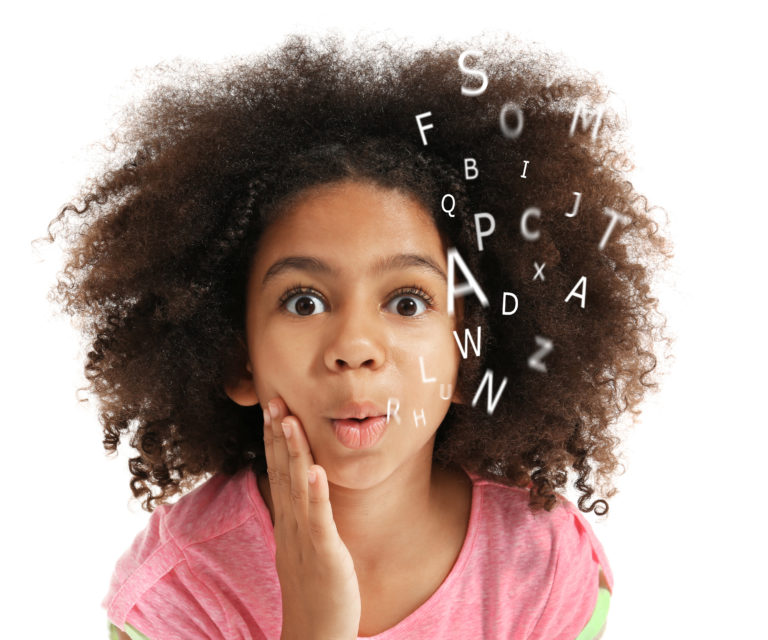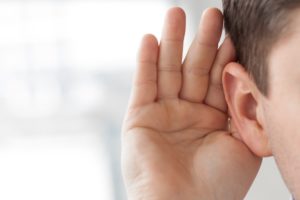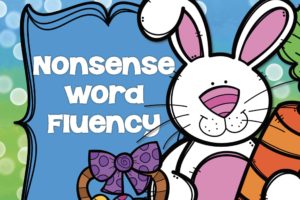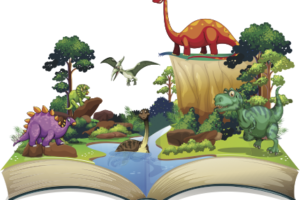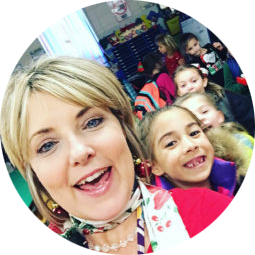Non-Decodable SIGHT WORDS can help your child become a successful Beginning Reader. Visit Quizlet for online practice in helping make SIGHT WORD learning both useful and fun!
Ugh-oh! Besides using online resources, how can YOU help your child learn the most frequently occurring words in the English language? Consequently, how do you decide which words to teach them?
Today we will talk about two sets of word lists. One is a SIGHT WORD List, and the other is a SIGHT WORD and HIGH-FREQUENCY WORD List combination. Furthermore, we’ll also discuss the difference between Sight Words and High-Frequency Words.
This first-word list has words that are *Non-Decodable. Rest easy; nobody can SOUND OUT these words no matter how high their IQ.
‘A’ Sight Words: *are, *any, *again, *across, *above, *among, *another, *against, *answer, *aren’t
‘B’ Sight Words: *been, *both, *brother, *beautiful, *blood, *bought, *brought, *busy, *break,
‘C’ Sight Words: *come, *could, *change, *child, *clothes, *cousins, *cover, *courage, *cough
‘D’ Sight Words: *do, *done, *does, *door, *dove, *danger, *don’t
‘E’ Sight Words: *enough, *eye
‘F” Sight Words: *from, *four, *find, *friends, *father, *flood, *floor, *fought, *forward
‘G’ Sight Words: *give, *great, *gone
‘H’ Sight Words: *haven’t, *have, *has, *half, *heart, *honest, *honor, *hour
‘I’ Sight Words: *into, *imagine, *island
‘K’ Sight Words: *kind
‘L’ Sight Words: *live, *laugh, *love, *lose
‘M’ Sight Words: *many, *Mr., *Mrs., *mother, *most, *move
‘N’ Sight Words: *nothing, *none
‘O’ Sight Words: *one,*of, *other, *once, *only, *ocean
‘P’ Sight Words: *put, *pull, *prove, *push, *post
‘R’ Sight Words: *read, *rough
‘S’ Sight Words: *said, *some, *sure, *sign, *shoes, *should, *science, *says, *straight, *steak, *sugar, *sew, *shoe, *son, *shove, *swan
‘T’ Sight Words: *through, *the, *they, *two, *to, too, *there, *though, *thought, *tough, *together, *they’d, *their, *they’ll, *they’re, *they’ve, *touch, *toward, told, *Tuesday, *today
‘V’ Sight Words: *very, *visit
‘W’ Sight Words: *was, *where, *what, *want, *who, *work, *water, *were, *won’t, *worry, *would, *wild, *walk, *wash, *warm, *whose, *whom, *watch, *weren’t, *we’re, *Wednesday, *wind, *wolf, *won, *wore
‘Y’ Sight Words: *you, *your, *you’d, *you’re, *you’ve, *you’ll, *young
Click here if you would like to upload a free set of these Non-Decodable Sight Words for the Beginning Reader in flashcard format—these over-size flashcards are useful in either a classroom or home setting. Each sheet contains two sight words.
This file was saved in DropBox so you could access it for FREE, but it’s also listed on my Teachers Pay Teacher’s Store for a buck for anyone who doesn’t do Dropbox and prefers to keep all of their TpT Resources in one area.
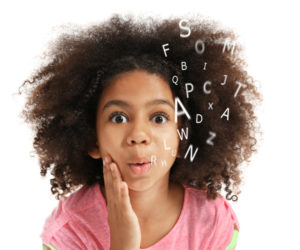
Reading NON-DECODABLE SIGHT WORDS can be a daunting task to a Beginning Reader.
To SOUND OUT means to DECODE. Teachers use the words DECODE and SOUND OUT interchangeably. HIGH-FREQUENCY WORDS are repetitively recurring English language words that one can decode.
Students who can read DECODABLE and NON-DECOABLE words easily are more apt to become fluent Beginning Readers. Likewise, for this reason, their reading rate during Repeated Readings improves along with their reading comprehension and fluency. Therefore, discounting the importance of learning sight words isn’t a good thing.
Again, here is the link to a site called QUIZLET, where your child or student can practice and learn to master non-decodable sight words through the use of online games and activities. Most notably, this site says its mission is to help students practice and master whatever they’re learning, and that fits this bill!
As you research, you will find educational professionals have differing opinions about which SIGHT-WORDS to use to teach the Beginning Reader. Some will recommend exposure to NON-DECODABLE SIGHT WORDS only, whereas others will say a combination of SIGHT and HIGH-FREQUENCY WORDS is better. You will likely come across multiple lists that are similar or some that may have significant variations.
Similarly, teachers and other adults alike will use the terms Sight Words and High-Frequency Words interchangeably. However, there is a difference in the two, Sight Words are non-decodable, and High-Frequency Words are decodable.
When looking at different lists of recurring words, you will notice more often than not; these lists will have both decodable and non-decodable words intermixed. The lists below contain both kinds of frequently occurring words divided by grade levels.
Here is List TWO. It is a combination of *Non-Decodable and Decodable Words.
Preschool Assessment Words/List 1:
the, to, and, a, I, *you, it, in, *said, for, up, look, is, go, we, little, down, can, see, not, one, my, me, big, come, blue, red, *where, jump, away, here, help, make, yellow, *two, play, run, *find, three, funny
Kindergarten Assessment Words/List 2:
he, was, that, she, on, they, but, at, with, all, *there, out, be, have, am, do, did, what, so, get, like, this, will, yes, went, are, now, no, came, ride, *into, good, *want, *too, pretty, *four, saw, well, ran, brown, eat, *who, new, must, black, white, soon, our, ate, say, under, please
First Grade Assessment Words/List 3:
*of, his, had, him, her, *some, as, then, *could, when, *were, them, ask, an, over, just, *from, any, how, know, *put, take, every, old, by, after, think, let, *again, may, stop, fly, round, give, going, *walk, *once, open, *has, *live, thank
Second Grade Assessment Words/List 4:
*would, very, *your, its, around, *don’t, right, green, their, call, sleep, five, *wash, or, before, *been, off, cold, tell, *work, first, *does, goes, write, always, made, gave, us, buy, those, use, fast, *pull, both, sit, which, *read, why, found, because, best, upon, these, sing, wish, *many
Third Grade Assessment Words/List 5:
if, long, about, got, six, never, seven, eight, *today, myself, much, keep, try, start, ten, bring, drink, *only, better, hold, *warm, full, *done, light, pick, hurt, cut, *kind, fall, carry, small, own, show, hot, far, draw, clean, grow, *together, shall, *laugh
What about flashcards? I encourage you to help your child memorize Non-Decodable SIGHT WORDS using homemade or ready-made flashcards. Besides that, flashcards are a relatively quick and easy fix and inexpensive to make. Most importantly, they can help your child become a more confident Beginning Reader.
For that reason, one can conclude time spent ‘flashing’ words is an effective way to improve reading skills. Likewise, keep in mind, every child is an individual. More importantly, children need a different number of repetitions of each word before automaticity occurs. Some children will need more time to MEMORIZE words while others may need less. Indeed, knowing one’s words, Sight, and High-Frequency Words is key to becoming a successful Beginning Reader!
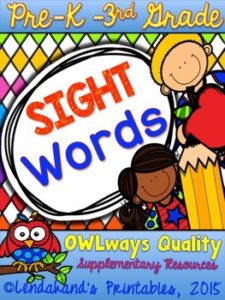
SIGHT WORD – HIGH FREQUENCY WORD Resource by Ms. Lendahand
Therefore, if you are a teacher and want to save time and energy by using a ready-made supplementary resource and Print and Go, you can check out the resources above. Likewise, if you are a homeschool parent and prefer to make your word cards, refer to the lists above or search the Web to find more information about frequently occurring English language words. Besides that, if you are a teacher and may be interested in this featured resource that I created to correlate with the second list o of words in this blog post, here’s a sneak peek. It includes instructions to implement a successful school and homework program.
In conclusion, let me say I have enjoyed sharing ideas about helping the Beginning Reader with you. Furthermore, I sincerely hope you stop by soon again.
Yours in learning,
Michelle Lenahan First Grade Teacher
P.S.
If you are a parent or grandparent of one of my first-grade students, please know that you have no need to purchase any resources, and I discourage you from doing so. If you feel strongly about needing something, know that I will give it to you for the asking.

